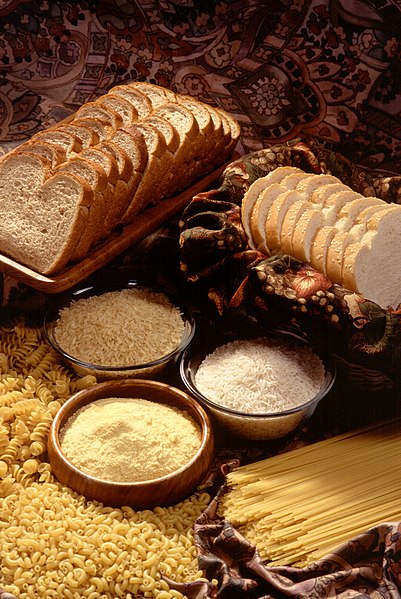In politics, humanitarian aid, and the social sciences, hunger is defined as a condition in which a person does not have the physical or financial capability to eat sufficient food to meet basic nutritional needs for a sustained period. In the field of hunger relief, the term hunger is used in a sense that goes beyond the common desire for food that all humans experience, also known as an appetite. The most extreme form of hunger, when malnutrition is widespread, and when people have started dying of starvation through lack of access to sufficient, nutritious food, leads to a declaration of famine.
Martin Luther King Jr. (center), one of many 20th century political figures who considered it important to fight hunger: "When I die, don't build a monument to me. Don't bestow me degrees from great universities. Just clothe the naked. Say that I tried to house the homeless. Let people say that I tried to feed the hungry." [according to whom?]
The Hunger March sculptures in Copenhagen
Unemployed men outside a soup kitchen in Chicago, 1931
A poster made by the United States Food Administration around the years 1914-1917 urging Americans to ration
Human nutrition deals with the provision of essential nutrients in food that are necessary to support human life and good health. Poor nutrition is a chronic problem often linked to poverty, food security, or a poor understanding of nutritional requirements. Malnutrition and its consequences are large contributors to deaths, physical deformities, and disabilities worldwide. Good nutrition is necessary for children to grow physically and mentally, and for normal human biological development.
Foods high in magnesium (an example of a nutrient)
Grain products: rich sources of complex and simple carbohydrates
A manual water pump in China
Colorful fruits and vegetables may be components of a healthy diet.








